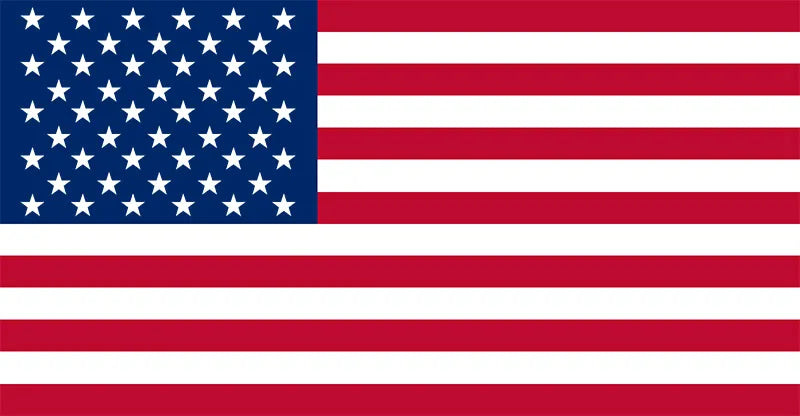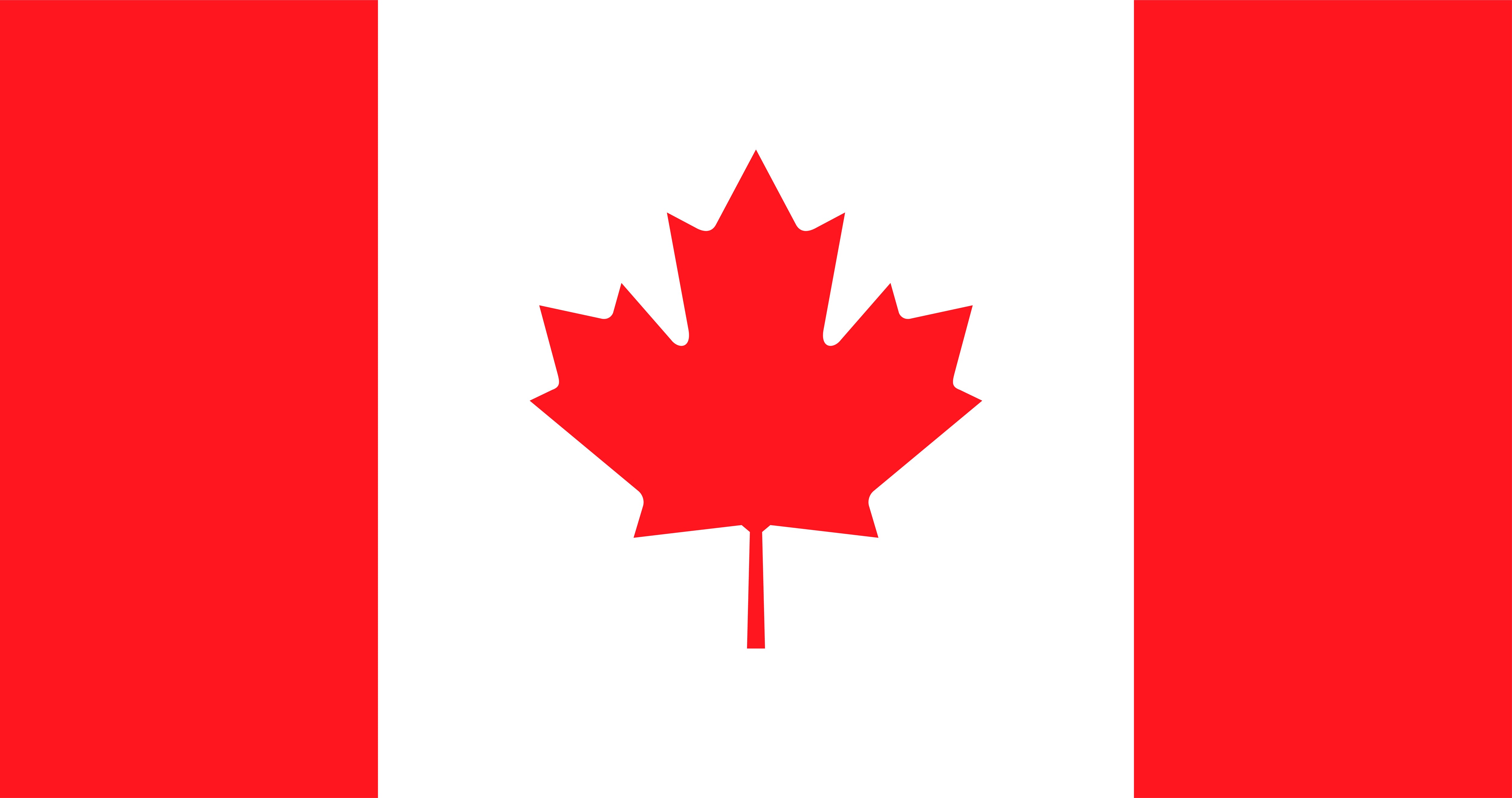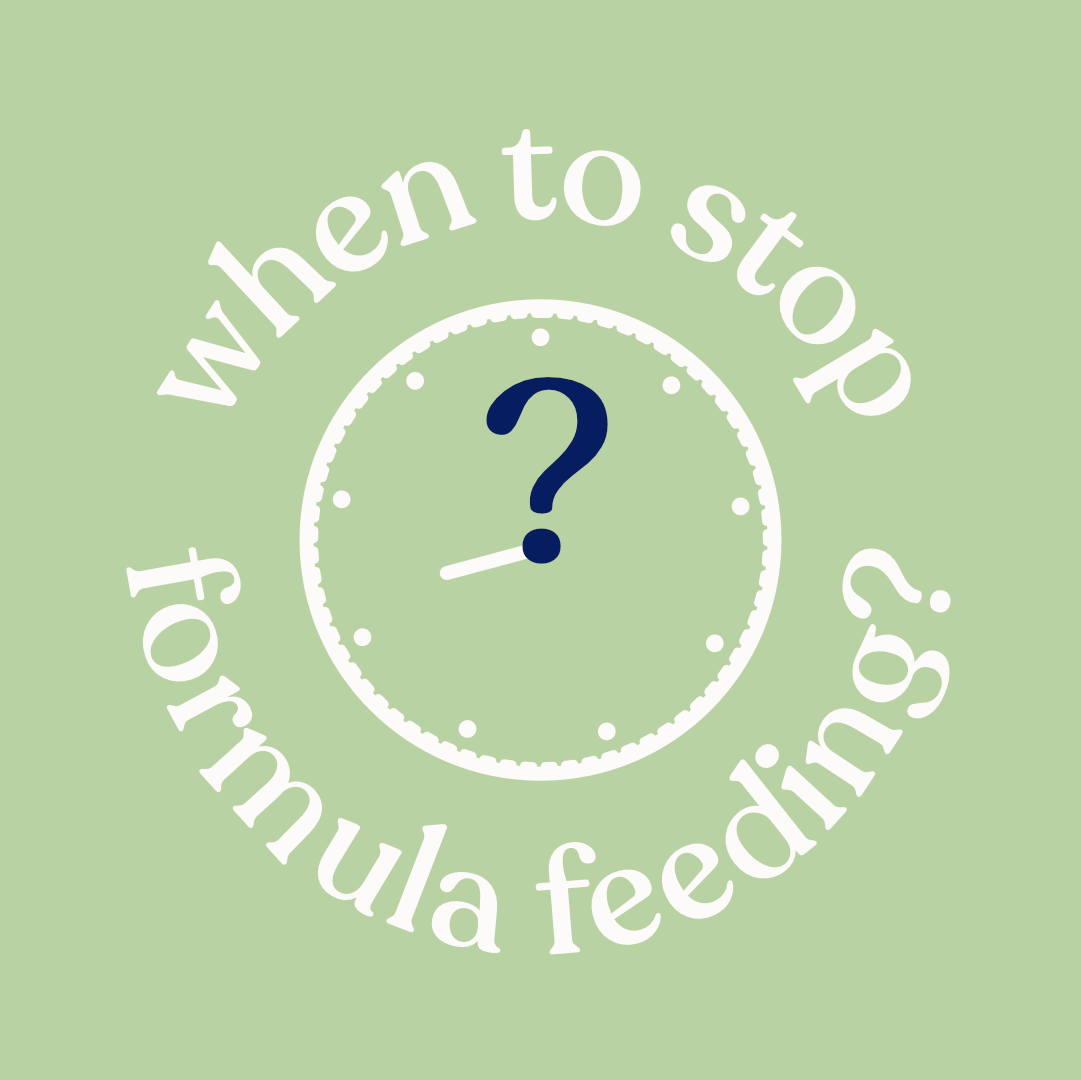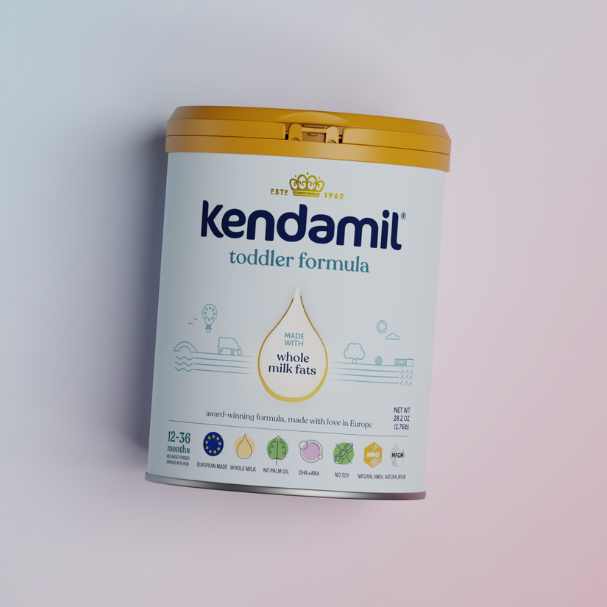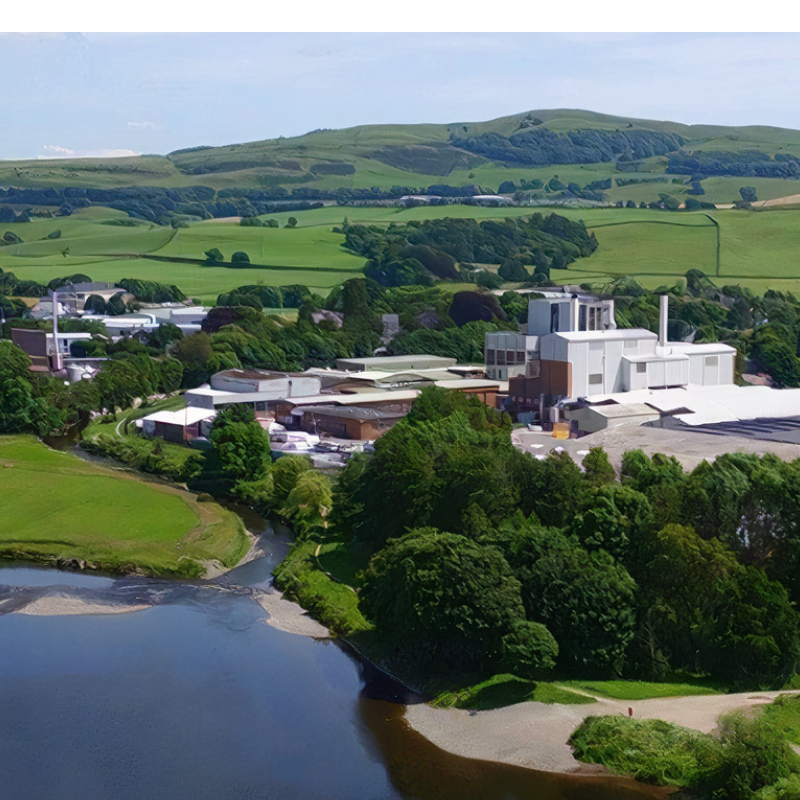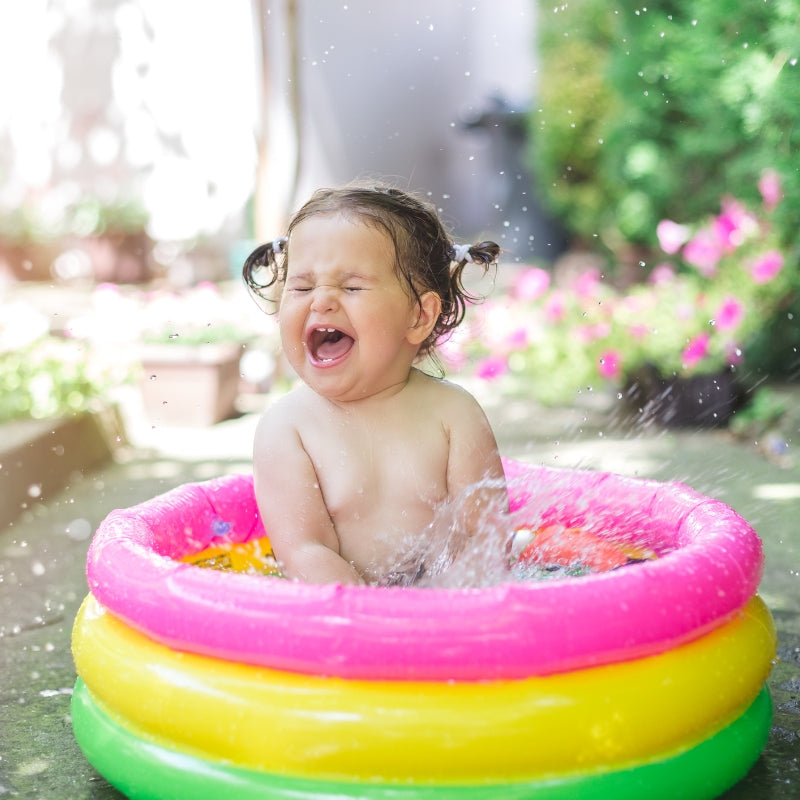If you’re a parent with a toddler on your hands, you might have a few questions about when to stop breastfeeding or formula feeding. So, if you’re finding yourself looking up “when to stop formula feeding” or “when should my baby be drinking whole milk?”, we’ve got you covered.
If you know us, here at Kendamil, you’ll know that we’re parents too - which is why we have a whole team's worth of experience to get your little one started on their next feeding milestone!
✨ 🌟 Every toddler is different!

Ah, toddlerhood! It’s a time for milestones - from their first words to learning new skills through play development to their first steps on their weaning journey. Toddlerhood is a time for new journeys and big steps - for little ones and parents. It can also be a little trying; we tend to find ourselves ‘comparenting’ (comparing our parenting skills to other parents’!!) before our little ones have even begun to show their magic.
That’s why, before we begin, we’re issuing a little reminder that it’s OKAY if your little one doesn’t follow the norm! Every toddler is an individual - and if some little ones are moving onto whole milk (and away from breastmilk and/or formula) quicker than yours, that’s okay!
It can be easy to get caught in the milestone-hubbub. But, just remember that your little one WILL move on to their next step in their own time. So take a deep breath and relax,
🤔 When to stop breastfeeding and/or formula feeding?

According to NHS guidelines, you should continue to breast and/or formula feed your baby until they’re at least 12 months of age. After that, you can give your child whole cow’s milk.
However, as your baby starts to begin their weaning process, they’ll naturally move away from the breast or bottle and start dropping their milk feed intake. This might not happen right away and many toddlers do get attached to their milk feeds. It’s important not to force anything! And, remember that breastfeeding, combination feeding or formula feeding is fine for your little one past the age of 12 months. There are no set rules for what your child should be doing and their transition from milk feeds to regular cow’s milk will happen in time.
In a nutshell, after the 12-month mark, as your little one begins weaning, they’ll gradually stop the bottle and gradually make their way towards cow's milk. If you’re wondering what you can do to help your little one along this important journey, stay reading!!
💡 Tips for your little one’s milk feeding transition.
There’s no right way to transition to cow’s milk from breast and/or formula milk. However, here are some tips to make the move a little smoother for you and your toddler:

You can try switching between your little one’s regular milk routine and cow’s milk on alternate days to make the transition a little easier for your toddler. This also helps to make your little one’s feeding schedule more seamless, as they can grow adjusted to their new routine over a few weeks instead of being abruptly cut off from familiarity.
According to NHS guidelines, whole cow’s milk is much better for children under 2, as it has more energy, vital fats and vitamins than semi-skimmed milk. Interested in more? Our whole milk blog has all the information on why full-fat is best for your little one.

The NHS recommends moving away from bottle feeding to beakers after 12 months of age (although, again, this is all down to your little one’s individual needs and isn’t a hard and fast rule!). As a rule of thumb, however, gently nudging your child away from ‘comfort sucking’ their bottle teats is recommended by the time your toddler is 2.
Moving from bottle to cup might not be such a seamless transition, so to make life a little easier, we recommend alternating between a bottle and beaker. One day, you might offer your little one cow’s milk from a bottle and the next from a beaker. Alternating between bottle and beaker is a very useful transitioning trick! After that, your little one can tackle drinking milk from a cup!
Bear in mind that, as you move towards cup-feeding, milk will fall! It can get a little messy - but try not to worry too much and try not to get irritated. This is completely normal and all part of your little one’s important journey towards independence, growth and development!

Your toddler may struggle to adjust to their relatively new milk diet (and their new cup!) because this is quite the change - so make sure to offer them lots of praise during this important milestone. This will help your little one feel more accomplished and confident - and who doesn’t love giving and receiving praise?!
💙 Choosing the right beaker.

Most often free-flow beakers with hard spouts can help prevent spills (and they can also be better for your little one’s teeth!). Likewise, a cup with a free-flow lid will teach your little one to sip rather than suck their milk. Once your little one masters sipping out of a breaker, they can more seamlessly move to regular cups.
⁉️ What if my toddler is intolerant to cow’s milk?
If your little one is intolerant to cow’s milk we recommend seeing your local health professional or paediatrician for recommendations on what milks to try. Goat’s milk, for example, has been known to be a lot easier to digest than cow’s milk.
Health professionals may also recommend some calcium-fortified soya milk if your baby is lactose intolerant (lactose is found in cow’s and goat’s milk) but this should ONLY be taken if your doctor recommends it for your toddler after a thorough check-up. Your local health professional can also recommend fortified plant-based drinks if your toddler is allergic to or has dietary restrictions.
Click here to find your local GP or health practitioner.
🌟 You got this, KendaParents!
Whenever your toddler chooses to move away from breastmilk and/or formula milk to cow’s milk, we know you’ve got this in the bag. With a little bit of patience (and maybe more than a little bit of mess!) your little one will be sipping cow’s milk out of their little cups in no time!
🥰 Interested in more toddler-milestone blogs? Check ‘em out here!
- BLOG: A guide to weaning
- BLOG: Top 4 ways to teach toddlers new words
- BLOG: 6 stages of play development
🌟Need some parenting support? Our Customer Support Team are fellow mums and dads. 🌟
Reach out to us! Our customer support team of fellow mums and dads have helped thousands of parents. We're here for you.
< Chat and connect with a mum or dad here >
Important Notice: Breastfeeding is best. Kendamil Follow-on milk is only for babies over 6 months, and should be used as part of a mixed diet. Please talk to your Healthcare Professional.
